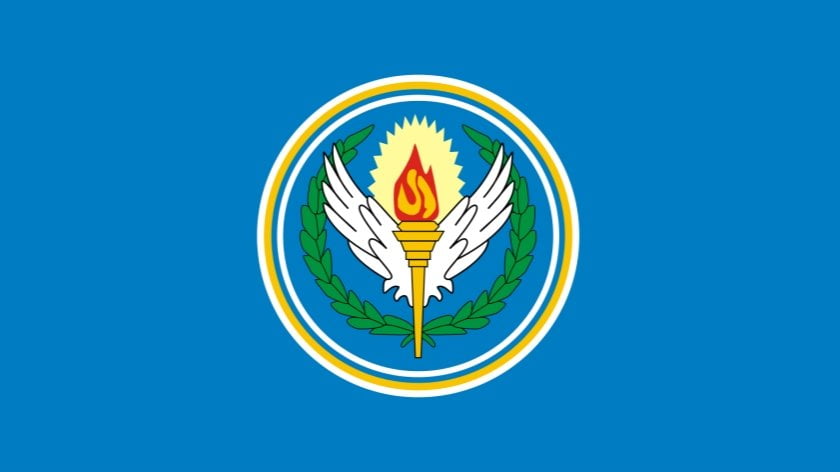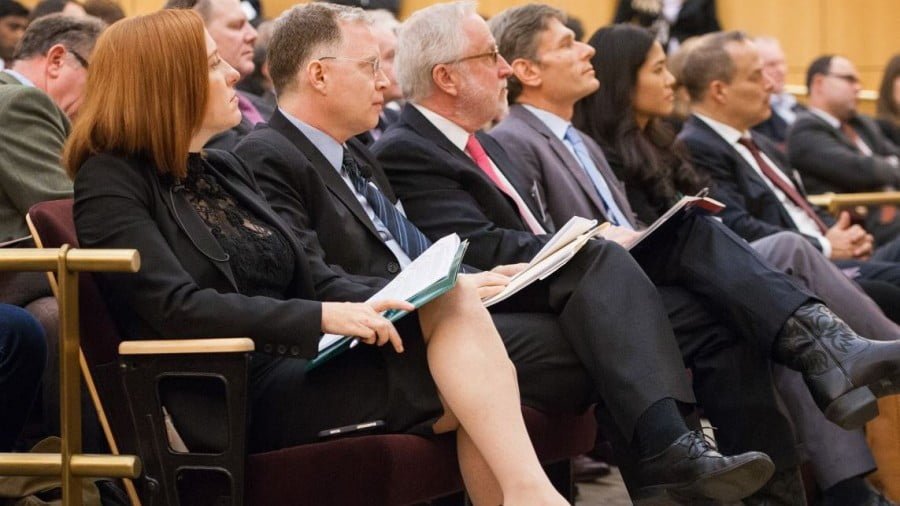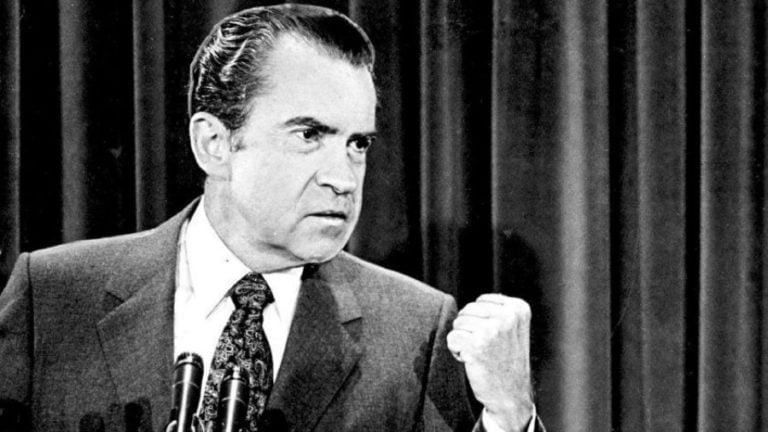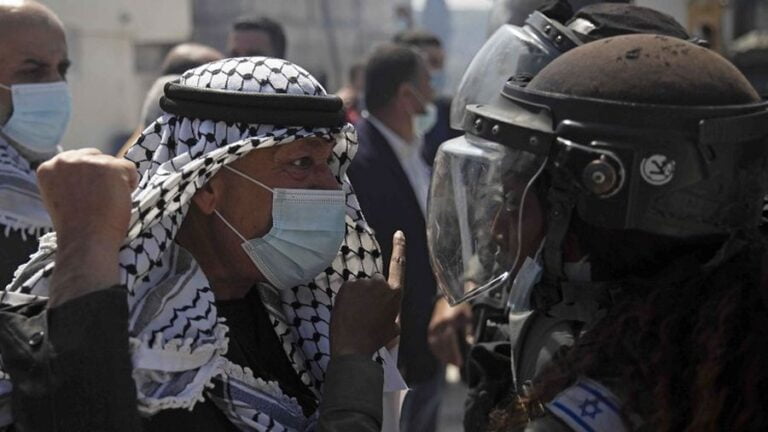The Revival & Reform of CENTO Could Help Rebuild the Ummah
The international Muslim community (Ummah) is first and foremost a spiritual concept but one that’s increasingly come to take on moral and geopolitical importance since the end of the Old Cold War and especially after the US embarked on its “Global War On Terror”. The community of the faithful is a sacred concept in Islam that connects every believer with one another, particularly through the religious obligation that Muslims have to help their fellow co-confessionals if they’re being oppressed. This could have been expected to naturally contribute to the integration of Muslim-majority countries in the face of America’s onslaught on their region, but sectarian conflicts have divided the community and made this more of a principle to aspire to than anything realistic in practice at the moment.
The so-called “Clash of Civilizations” concept that became popular during the onset of the US’ “Global War On Terror” is essentially a blueprint for dividing and ruling the Eastern Hemisphere in the 21st century, but it’s just as dangerous when it comes to provoking intra-civilizational clashes as it is for inter-civilizational ones. The long-dormant sectarian conflict that was violently awoken from its slumber in the aftermath of the US’ War on Iraq served the purpose of geopolitically dividing the Ummah and therefore facilitating the spread of American hegemony throughout the strategic energy-rich Mideast pivot space at the tri-continental crossroads of Afro-Eurasia. The Ummah will have serious difficulty recovering from the serious inter-civilizational damage that was done to it since that time, but it’s not impossible if Iran proactively takes the initiative.
Iran’s location endows it with the irreplaceable potential of partnering with two of the largest and most powerful Muslim countries in the world, Pakistan and Turkey. Despite being majority Sunni, both of them share centuries-long civilizational commonalities with majority-Shiite Iran that could be geopolitically leveraged to transcend their sectarian differences. In the current international context, Iran is coming under intensified pressure from the US, “Israel”, and their Gulf Kingdom allies, compelling the Islamic Republic to urgently seek a pressure valve elsewhere for mitigating the harmful economic and security consequences of this Hybrid War campaign against it. There’s no more logical place for it to turn than to its Pakistani and Turkish neighbors, which is why Iran must begin prioritizing the creation of a trilateral partnership between them.
Iran, Pakistan, and Turkey could form a stabilizing belt of Muslim Great Powers along the South Eurasian Rimland if they commit to reviving a non-military multipolar version of the Old Cold War-era CENTO alliance that also importantly included Iraq. While there’s admittedly a lot of work that would have to be done to turn this into a platform that yields tangible dividends for all its members, it would be a step in the right direction if progress was made on this front as soon as possible, even if only through the creation of a forum between their leaders, businessmen, and/or civil society (including religious) representatives. These four countries have legitimate self-interests in enhancing their cooperation with one another even in spite of the US’ sanctions threats. While some previously agreed-upon projects might be scaled back, postponed, or canceled, ties between Iran and its neighbors obviously won’t be cut off.
This presents a very promising chance to take advantage of geopolitics and reverse-engineer the strengthening of the Ummah. To explain, it was previously mentioned that the Ummah is first and foremost a spiritual concept that eventually took on a moral and geopolitical importance in recent times, but that the US-unleashed “Clash of Civilizations” within it catalyzed a sectarian disaster that all but made the last two aforementioned components unlikely to enter into reality on a large enough scale to be tangibly significant. Nevertheless, the supreme irony is that the intensification of the US’ Hybrid War on Iran — which emerged from the inter-civilizational sectarian conflict that it weaponized for regional divide-and-rule ends throughout the Ummah since the start of the “Global War on Terror”– might actually end up encouraging the geopolitical integration of part of the Ummah, after which its moral unity might naturally follow.
Iran’s neighbors would be adversely affected if the country collapsed like the US is trying to have happen, so they each have a self-interested stake in ensuring its stability and helping it offset some of the consequences of the US’ Hybrid War. This realization lays the basis for reviving the CENTO concept, albeit to multipolar ends and in a non-military fashion, with a geo-economic emphasis that can then take on geopolitical and moral importance with time after each of its four members become more comfortable working with one another in this multilateral format. Enhancing trade ties, facilitating pilgrimages, strengthening energy cooperation, and ensuring border security are in each of these countries’ interests, and while some obstacles might be impossible to surmount at this time, that doesn’t mean that progress can’t be made at all and shouldn’t be pursued.
Rather, there’s no better moment than now — no matter how counterintuitive it might seem at first thought — to revive and reform CENTO because Iran, Pakistan, Turkey, and Iraq all have a stake in strengthening their ties with one another, especially given the US’ escalating Hybrid War on the Islamic Republic that would be very destabilizing for each and every one of them if it succeeds. Symbolically, the Multipolar CENTO would connect Sunni- and Shiite-majority countries and prove that sectarianism can be overcome through mutually beneficial geopolitical cooperation, after which more morally and spiritually substantive cooperation between the many people in this part of the Ummah could follow. For these reasons and due to its irreplaceable geostrategic location linking together the Muslim Great Powers of Pakistan and Turkey, Iran must urgently take the initiative to re-establish CENTO in a way that advances the entire region’s interests and helps rebuild the Ummah after the destructive inter-civilizational sectarian conflict that the US provoked within it at the turn of the millennium through its “Global War On Terror”.
By Andrew Korybko
Source: Eurasia Future







